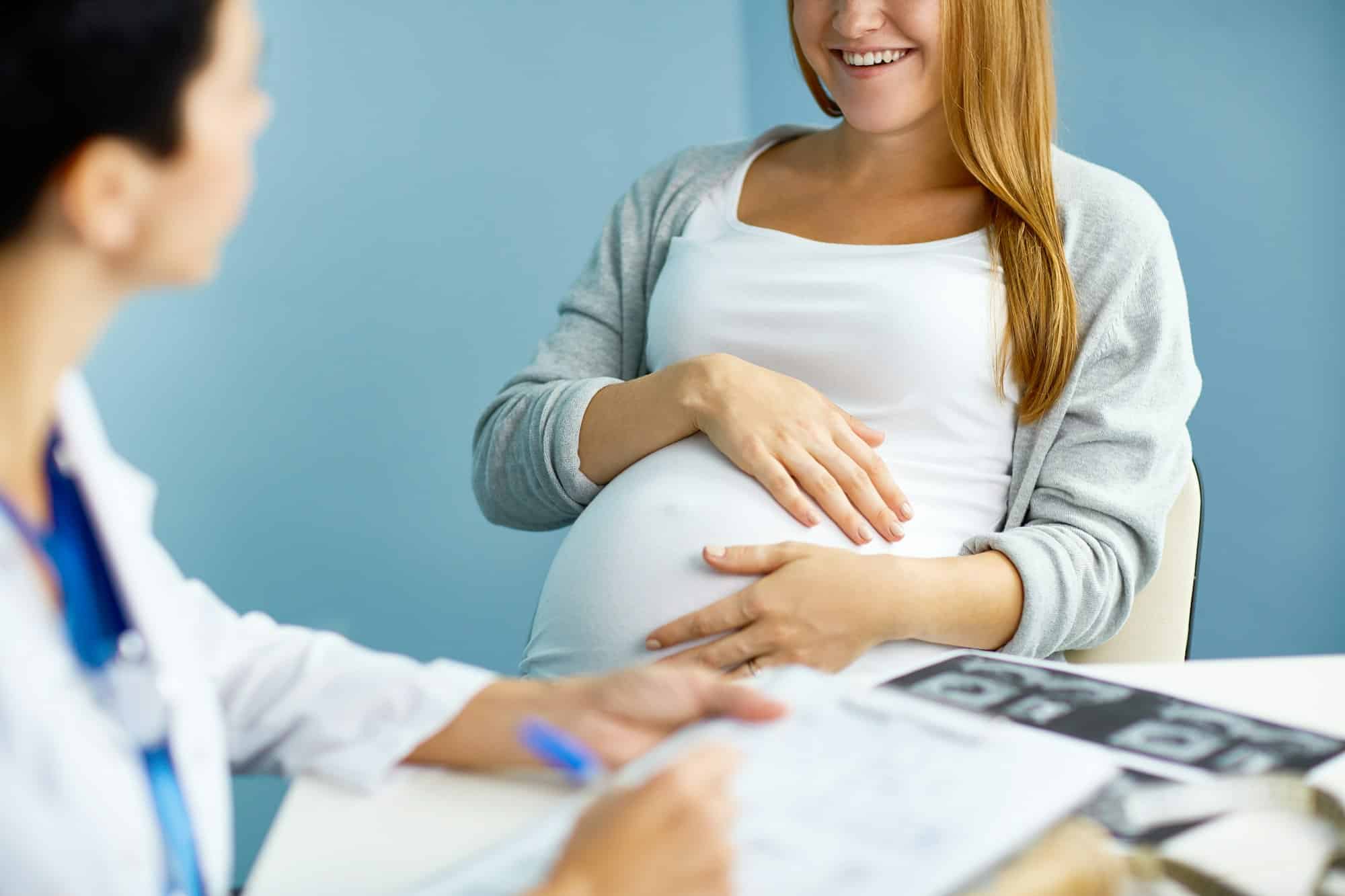The journey of pregnancy is filled with wonders and challenges. As expecting mothers, you are not only nurturing your own body but also supporting the development of a new life. One of the key nutrients you need during this period is iron. Iron is essential for your baby’s growth and development, and for maintaining your own health. But what exactly are the guidelines for prenatal iron supplementation in the UK? How much is too much and how little is not enough?
In this article, we will explore the detailed guidelines set by the UK National Health Service (NHS) and other health bodies, and examine the importance of iron during pregnancy.
The Importance of Iron During Pregnancy
Before we delve into the guidelines, let’s first look at why iron is so critical during pregnancy. Iron is a mineral that plays a key role in making haemoglobin, a protein in red blood cells that carries oxygen to the tissues in your body. During pregnancy, your blood volume increases to accommodate the growing needs of your baby, and hence, your iron needs increase as well.
Iron is also crucial for your baby’s brain development. A deficiency can lead to lower birth weight and increase the risk of your baby being born premature.
Also to discover : How can UK women manage gestational diabetes with specific dietary plans?
The UK Guidelines for Prenatal Iron Supplementation
According to the guidelines set by the National Institute for Health and Care Excellence (NICE) in the UK, all pregnant women should be offered advice about the importance of a healthy diet and the need to take certain vitamins and minerals, including iron.
However, routine iron supplementation is not recommended for all pregnant women in the UK. It’s only advised if a woman has been diagnosed with iron-deficiency anaemia or is at high risk of developing it. The recommended daily dose is 65mg to 200mg of elemental iron.
Diagnosing Iron-Deficiency Anaemia
Iron-deficiency anaemia during pregnancy is identified by testing the haemoglobin levels in the blood. According to the World Health Organisation, pregnant women are considered anaemic if their haemoglobin levels are below 110g per litre in the first and third trimesters, and below 105g per litre in the second trimester.
If you’re diagnosed with iron-deficiency anaemia, your healthcare provider will prescribe you iron supplements and closely monitor your haemoglobin levels.
How to Incorporate Iron into Your Diet
While iron supplements are a quick way to boost your iron levels, you can also incorporate iron-rich foods into your diet. The good news is that both plant and animal products provide iron.
Animal-based iron, also known as heme iron, is found in lean meats, poultry, and fish. On the other hand, plant-based iron, or non-heme iron, is found in beans, lentils, tofu, whole grains, and dark leafy green vegetables.
Although the body absorbs heme iron more easily, consuming vitamin C alongside non-heme iron foods can enhance absorption.
The Risks of Excessive Iron Supplementation
While iron is essential during pregnancy, taking more than the recommended amount can have negative effects on both you and your baby. Excessive iron supplementation can cause constipation, nausea, and abdominal pain.
Moreover, studies have found that excessive iron in the body can lead to a higher risk of developing gestational diabetes, preterm birth, and even autism in the offspring. Therefore, it’s essential to follow the guidelines and not to self-medicate.
In conclusion, iron is an essential nutrient during pregnancy, but its supplementation should be carefully managed. By adhering to the UK guidelines, maintaining a balanced diet, and regularly consulting with your healthcare provider, you can ensure you’re getting the right amount of iron for both you and your baby’s health.
Understanding the Research behind Iron Supplementation
Several research studies cited on Google Scholar and Scholar Crossref have investigated the role of iron supplementation during pregnancy. Understanding the findings of these studies can be beneficial in shedding light on the importance of maintaining the right iron status during pregnancy.
Iron deficiency is common among pregnant women, largely due to the increased demand for iron by the growing fetus and placenta. This deficiency, if not addressed, can lead to iron-deficiency anemia, a condition that can increase the risk of preterm birth, low birth weight, and even developmental issues in the child.
A meta-analysis of several studies found that oral iron supplements can significantly improve the iron status of pregnant women, reducing the risk of anemia. Moreover, these supplements can contribute to a healthier birth weight for the baby.
However, folic acid, another crucial nutrient during pregnancy, must not be ignored while focusing on iron. Folic acid aids in the formation of the neural tube and prevents major birth defects of the baby’s brain and spine.
Third trimester is a critical period when a significant amount of iron is transferred to the fetus. Iron supplementation during this period can be crucial, especially for women who have been diagnosed with iron deficiency.
Notably, it’s essential to maintain a balance. Overdoing iron supplementation can lead to gestational diabetes and other adverse outcomes. Therefore, a healthcare provider’s guidance is crucial in determining the need and dosage of iron supplements.
Conclusion: Striking the Right Balance with Iron Supplementation
In light of public health guidelines and a wealth of research, it’s clear that iron plays a pivotal role in pregnancy. However, the key is to strike a balance. Excessive or insufficient iron can both have negative impacts on the mother and the baby.
Iron supplementation, while beneficial for many, is not a universal requirement for all pregnant women in the UK. It is primarily recommended for those diagnosed with iron-deficiency anemia or those at high risk of developing it. Over-the-counter iron supplements should be avoided as self-medication can lead to over-supplementation.
Incorporating iron-rich foods into your daily diet can be a natural way to maintain your iron status. A combination of both animal-based (heme) and plant-based (non-heme) iron can be beneficial. Remember, vitamin C can boost the absorption of non-heme iron, so consider pairing your iron-rich plant foods with vitamin C-rich foods.
In conclusion, the journey of pregnancy is one that calls for careful nutritional planning and regular check-ups. By adhering to the NHS guidelines and working closely with your healthcare provider, you can ensure that you’re getting the right amount of iron to support both your health and the health of your baby. Iron supplementation during pregnancy is a topic that deserves attention, but with the right information and resources, it doesn’t have to be a challenging part of your pregnancy journey.











